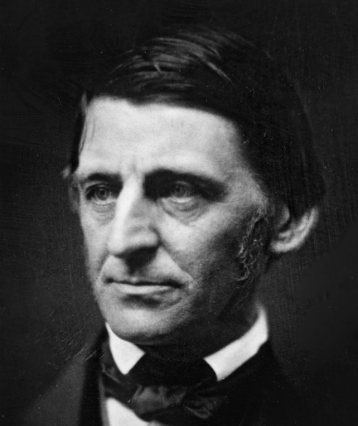Introduction
Independence achieved and the Constitution adopted, the United States was launched on the world stage with aspirations and high hopes for a more perfect union, one that would make secure for all its citizens the unalienable rights spoken of in the Declaration of Independence. From the start, reaching that goal has proved to be an unending challenge, to begin with, because the existence of slavery cruelly denied even basic freedom to millions of African Americans. Many writers throughout our history have called attention to the gap between our national ideals and our practices, summoning us to close it. Early among them was Ralph Waldo Emerson (1803–82), essayist, poet, lecturer, and leader of the Transcendentalist movement, who was known especially for his celebration of freedom and individuality. Emerson was an opponent of slavery and an abolitionist, lecturing and writing on the subject in the years preceding the Civil War. This poem about freedom, apparently addressed to the United States, was sung in the town hall of Emerson’s native Concord, Massachusetts on July 4, 1857.
What is the main theme and concern of the poem? What, according to verses 1 and 10, is the relation between the rising of the sun and the human desire for freedom? According to verses 5, 6, and 7, what is the mission or charge to the United States? How is our national task related to the divine plan, mentioned in verses 3 and 10? What, according to the poem, would make for a more perfect union, then and now?



Post a Comment